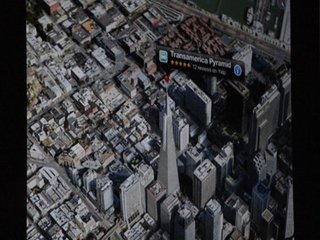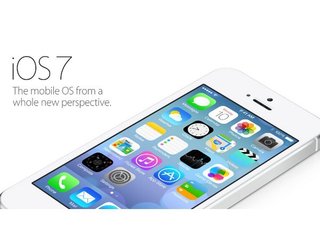
Apple's iTunes Radio is kind of...meh
Apple's "Pandora killer" is kind of just a Pandora wannabe

At WWDC Monday morning, Apple did the unexpected and unveiled the new iTunes Radio—the Pandora-like service that many had dubbed “iRadio.” In keeping with reports—yes, iTunes Radio is just like Pandora, but it’s in the music app on your phone. So, not quite the same.
The team demo’d the new iTunes Radio feature and showed just how Pandora-like it really is. You can get pre-built “featured stations,” or you can create your own stations. You can also search for an artist or band and create a station of similar music based on that search—just like Pandora. And just like Pandora, you can modify your stations by tapping “play more songs like this” or “never play this again.”
ITunes Radio is free with ads, or you can get it ad-free as an iTunes Match subscriber.
How is it not like Pandora?
Unlike Pandora, you can also buy whatever songs you listen to right there on the spot from iTunes. Which…you can also do on Pandora…so…not that different.
So you essentially have two Pandora options: the real Pandora with all the stations you’ve spent the last few years refining, or the Apple Pandora that is virtually identical to the real Pandora, without the added bonus of having all of your stations and preferences already programmed for you.
When the first rumors of Apple’s Pandora-competitor began to circulate a few months ago, Pandora’s stock suddenly nosedived. But it doesn’t look like iTunes Radio is striking the same fear into Pandora investors again. Pandora shares were up 2.45% to $15.49 at the close Monday.
But it might come down to a battle of market shares. Pandora is the second-most downloaded free app of all time in Apple’s App Store, but iTunes accounts for 63% of all paid music downloads. And revenue from iTunes’ content portion reached $2.4 billion in sales in the March quarter, up from $1.9 billion in the year ago quarter.
Last week, Apple reportedly made a deal with Sony Music for iTunes Radio. Sony was the last hold-out among the top music labels and was rumored to be making steeper demands than the other labels, including payments for songs that listeners skipped.
Image source: Wired
Related News


